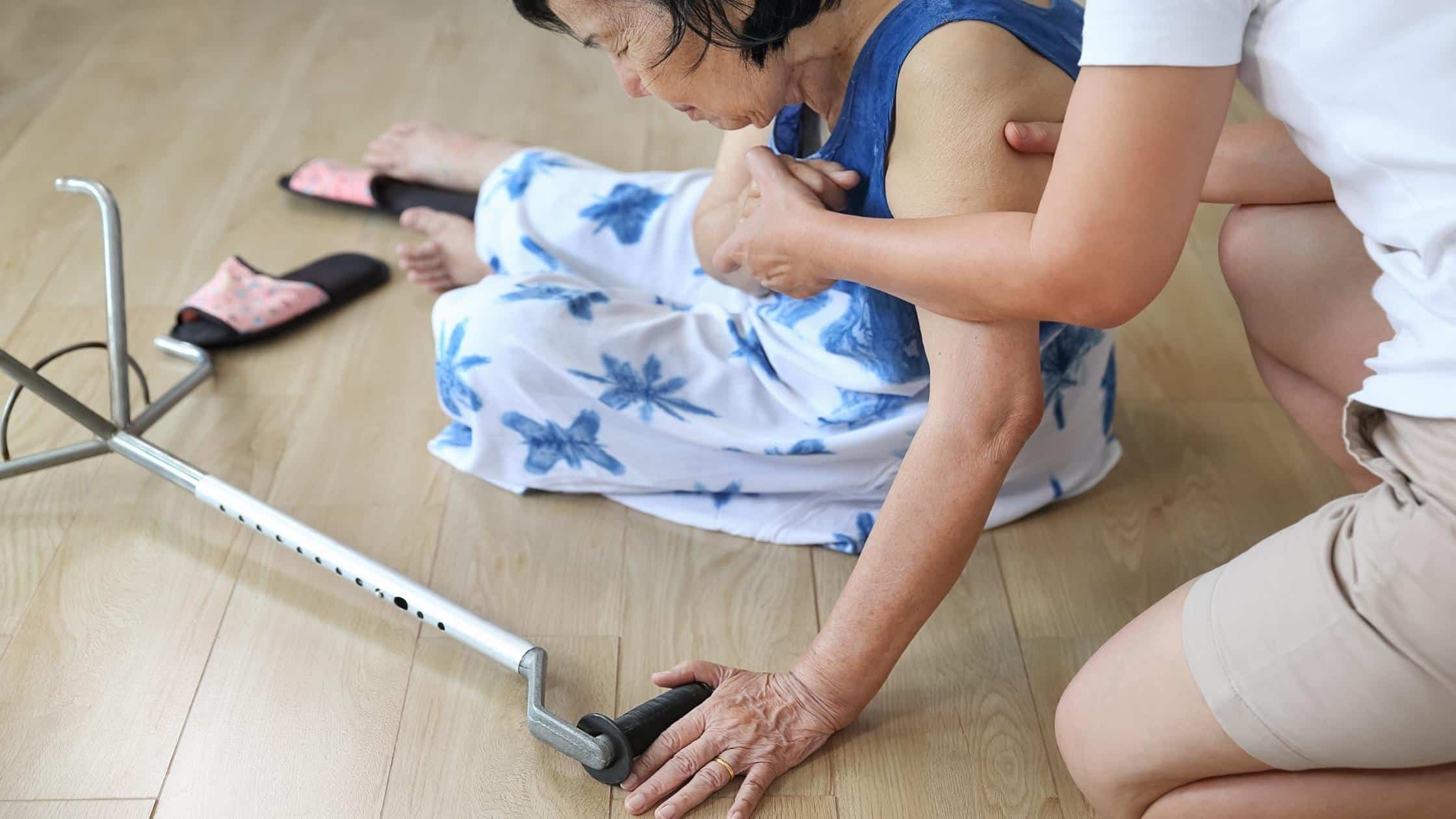
There are numerous underrecognized effects of hearing loss. Hearing health is integral to overall health so living with impaired hearing has a multifaceted impact. This includes increasing the risk of experiencing accidental injuries. Studies show that people with hearing loss are more likely to experience falls and injuries compared to those without hearing loss. This highlights the importance of prioritizing your hearing health which is connected to safety and wellness.
Link Between Hearing Loss & Injuries
Research shows that there is a correlation between hearing loss and injuries. Studies reveal that hearing loss increases the risk of experiencing falls which lead to injuries, increased healthcare costs, and can impact mobility. This includes a major study conducted by researchers at Johns Hopkins University. Researchers examined the link between hearing loss and injuries by collecting and analyzing data provided by a national health survey. This included 2,017 participants, ages 40 to 69, who had their hearing tested and answered questions about whether they had fallen over the past year. Researchers found that:
- People with mild hearing loss were nearly three times more likely to have a history of falling.
- every additional 10 decibels of hearing loss increased the chances of falling by 1.4 fold.
These findings not only highlight a correlation but also shows that the greater the hearing loss, the higher the risk of experiencing falls. This study supports further research that shows that hearing loss is a risk factor for experiencing falls.
Impact of Hearing Loss on Safety
Hearing loss can contribute to falls in a few ways. Impaired hearing reduces a person’s capacity to hear and process sound. This produces numerous symptoms that:
- Strain communication: symptoms like tinnitus (a buzzing or ringing-like noise in the ears), sounds being distorted or muffled, difficulty identifying individual words, etc. make it challenging to hear. This includes following conversations – people may experience missing words or parts of what is being said, frequently asking others to repeat information, and even pretending to hear to get through a conversation.
- Decrease spatial awareness: strained communication and a reduced capacity to hear also means hearing less of the sounds in one’s environment. This can include hazard-related noises (sires, honks), other voices that could be warning you of potential danger, etc. which reduces one’s spatial awareness. Being less tuned into your environment and less aware of what is happening around you increases the risk of experiencing falls and accidental injuries.
Treating hearing loss is critical to not only transforming our hearing health but also increasing safety.
Tips to Prevent Falls & Injuries
There are several useful ways you can prevent injuries and also prioritize your hearing health. A few tips include:
- Has hearing been evaluated? The first step to addressing hearing loss is to have your hearing evaluated by a hearing healthcare specialist. Hearing tests involve a noninvasive and painless process that measures one’s hearing capacity in both ears. This establishes your hearing needs and informs the treatment options that can best meet those needs.
- Wear hearing aids: the most common way hearing loss is treated is with hearing aids – prescribed electronic devices that are designed to absorb, amplify, and process sound. Hearing aids alleviate hearing loss symptoms and also increase one’s capacity to perceive and process sound. This allows people to hear more sound with greater clarity and ease. People are better able to hear more of what is happening in the environment there which increases spatial awareness and safety. Be sure to wear your hearing aids during all waking hours to optimally support your hearing throughout the day.
- Wear protective gear: in addition to wearing hearing aids, wearing protective gear is another useful way to prevent injuries. This includes wearing helmets while riding a bike or playing sports. Wearing protective gear can reduce the impact of experiencing a fall, preventing serious or life-threatening injuries.
These tips can help you stay safe and aware of your environment which helps prevent falls and injuries.
Contact us today to learn more about how you can prioritize your hearing health and reduce your risk of experiencing injuries. We provide a range of services and individualized care that offers comprehensive support on your hearing health journey.
